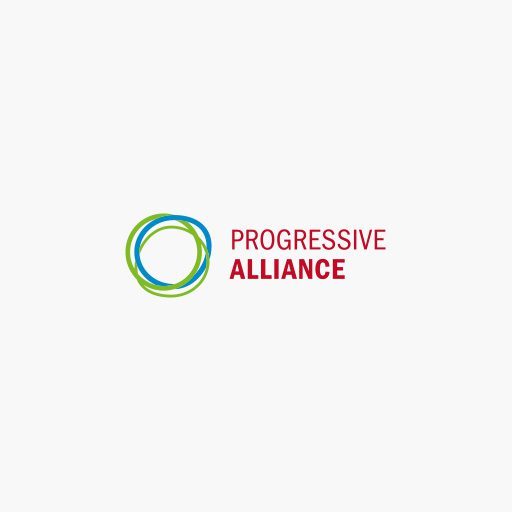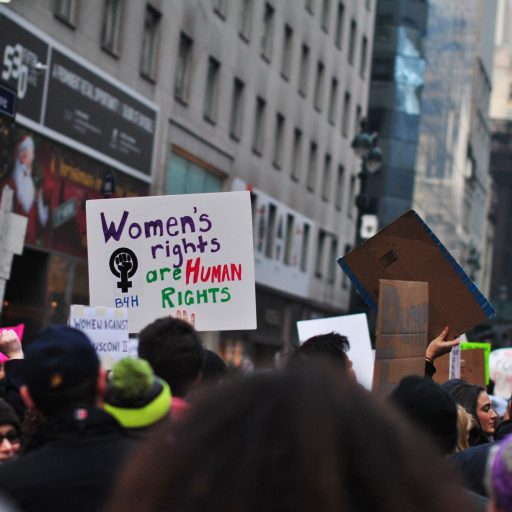The many dedicated citizens and organisations supporting refugees and addressing asylum and immigration issues here in Europe definitely need a thick skin and a strong will – and anyone who manages to combine this with a commitment to human rights and aspires to respect such rights in everyday life is either masochistically inclined or has learned to live with frustration.
The reasons are obvious: making any amount of headway with conservative and right-wing parties on these two issues is at the best hard work, and at times impossible, since these circles seem to attach more importance to populist ideas than to moral values and a love of humanity. This not only applies to Germany, but to large parts of the European Union. Nevertheless, lots of ordinary people are struggling to remedy this situation in civil society, supported to a large extent by parties such as the SPD; though their continual introduction of new initiatives is not always welcome.
I. What is the present situation?
German and European asylum and refugee policies are still based on the historically excusable, but long outdated distinction between “good” refugees and “not so good” refugees: the accepted reason for fleeing one’s own country and being recognised as a refugee is persecution either as an individual or as a member of a certain group, and there is a fixed catalogue of grounds for recognition as such, in particular political, racial and religious grounds; other, no less urgent reasons why people flee from their home country, such as widespread violence or oppression, economic despair or severe environmental damage are not considered to be acceptable grounds for granting refugee status.
As is well known, the number of recognised refugees in Germany decreased drastically after Paragraph 16 of the German constitution was amended in the 1990’s, but the number of refugees seeking asylum continues to rise and the bureaucratic effort and costs entailed are increasing accordingly, while at the same time there has been no ease of the unreasonable demands on those who are allowed to remain here permanently for various reasons, even though their case has no chance whatsoever of being recognised.
Refugee and immigration policies are still guided by the principle of determent: although, thanks to the tireless effort and warnings of human rights activists and dedicated citizens, there have been a number of improvements – for example hardship commissions have been set up which do what they can to help asylum-seekers. Germany does take in quite a number of refugees, for example from Syria, but, in relation to the vast number of people needing help in this region, the number is small. It is refreshing to see how many dedicated people are actually supporting and trying to help these refugees. But bans on employment, government-sanctioned policies on travel restrictions, immigration detention centres, uncertainty due to repeated toleration permits, deportations and, above all, irresponsible public attacks by conservative politicians, such as were made recently on the practice of churches giving sanctuary to refugees, nurture public rejection as well as prejudice and populism, and indeed aggravate the situation instead of alleviating it.
The picture is similarly bleak in other EU member states: Europe is busy setting up a “fortress Europe” – with active participation by Germany. There are still no acceptable European regulations governing immigration and distribution of the economic and social burdens involved. Even if the Pope does travel to Lampedusa to pray for the drowned refugees and give solace to survivors crowded into camps and to the overburdened local population, all with vast media coverage, this still did not stop the EU cutting back on financial assistance for the “Mare Nostrum” rescue operation and other aid programmes. And so desperate people continue to drown in the Mediterranean Sea day after day, often after sacrificing their last cent to a criminal trafficker who promises to get them to Europe. These people could be saved.
II. And what about human rights?
All this is hard to bear for those who take human rights seriously and do not just see them as a convenient PR gag and a topic for political after-dinner speeches. The rest of the people in Europe, whose main concern is not human rights issues, are getting tired of hearing about all this because they are daily reminded that the claim of human rights being the core element of “European” and “western” values is not really meant seriously, at least not when it comes to refugees trying to reach Europe to seek a better future for themselves and their family.
So how do we go on from here? What changes can we expect? Will present-day politics succeed in preventing an increase in the stream of refugees? At the moment there is certainly no sign of this, on the contrary, we can expect just the opposite if we fail to make more radical changes:
The number of conflicts forcing people to flee their home country has increased in the past few years and – from what we know today – will continue to increase in future. This not only applies to Africa and the Middle East, but also to conflict areas within Europe, such as the Donbas and some Balkan regions. Environmental and economic problems escalate crises and mislead irresponsible politicians to launch populist attacks or discriminate against minorities, thus fuelling the thoughts of the oppressed about whether to flee the country.
In addition to this, the world’s population is growing, especially in a lot of the conflict regions. Understandably, more and more young people are seeking the opportunities and employment that their home countries are not able to offer – not even countries whose elites are not corrupt and whose governments are making a serious effort to improve the situation and provide better opportunities.
In the meantime we can all see how power-hungry groups and organisations toting various ideologies and quoting would-be religious paroles are gaining a foothold in an increasing number of endangered regions. With their strategy of violence and terror, they, too, are forcing more and more people to flee the country, while the fear of terrorist attacks is growing in Europe as well.
Of course it is essential to combat these organisations – a lot of money and political know-how is being pumped into measures to prevent terrorism. Of course we must try to stop young people running after such groups and joining their ranks. But our attempts have little hope of success unless we in Europe manage to show young people from immigrant families that they do have the prospect of becoming integrated and gaining recognition here, and unless the vast numbers of young people without hope or a future are no longer available for recruitment in the huge refugee camps in Africa, but are given opportunities instead – opportunities which they have not had up to now.
So what should we do? Current attempts to improve European immigration policies, to make practicable changes to asylum laws, to create fair and reasonable regulations on fairer distribution of the load, to improve integration and to create more modern immigration rules – are all correct and must be called for over and over again. Our priority should be to implement these measures without further delay. Unfortunately, they do not go far enough. Politicians and public opinion in Europe cannot be content with popular and convenient platitudes such as combating the reasons for migration if they seriously want to prevent ever-growing flows of refugees and migrants who, in this day and age of global communication, still try to reach Europe in spite of all the defence and deterrent measures.
Instead there is a need, in addition to better refugee and immigration policies, to check other key policy areas to determine whether, how and where these help to fuel conflicts and therefore trigger or amplify migration and refugee movements. Where this is the case, those policies must be radically and swiftly changed:
- Everyone knows how important environmental and climate policy is in this context. The results of environmental damage and failure to respond can already be seen in very many densely-populated poor countries. Here, the efforts of Germany and the rest of Europe must be intensified far beyond what is happening at the moment.
- Equally clear and widely known is the devastating effect of weapons and therefore of arms production and armament exports. Organisations such as ISIS, Boko Haram and Al Shabab, not to mention the mercenary gangs of the eastern Congo and other regions, would not be able to uphold their horrific regimes of terror without arms from the USA, Russia, Germany or China. The failure to search more intensively for solutions and to implement these encourages conflicts, violence and refugee movements. A first important step must therefore be the introduction of restrictive arms export policies based on greater transparency. This step must be followed by international agreements, for example on small arms traffic.
- The economic policies of a lot of countries, including those of the EU, which are supported by Germany, also contribute to aggravating conflicts rather than alleviating them, despite development aid being provided. EPAs must therefore be reviewed, along with the effects of intended regional free trade agreements which, by agreeing on rules and standards, exclude or ignore the influence and views of countries in which “motives for migration” are already clearly noticeable.
Conclusion: Our governments need to revise their policies: nowadays the ever-increasing refugee problems and human rights issues are also and particularly influenced by wrong economic policies, by inconsistent environmental policies and by arms-trade policies that still depend too much on economic factors. Germany and the European Union are involved in these policies and cannot opt out of them – least of all Social Democratic parties, who ostensibly want to shape globalisation in the interest of improving people’s quality of life. More humane asylum regulations, sensible immigration reform coupled with the valuable assistance and commitment of the many concerned citizens of Europe can and must be able to prevent the total loss of charity and respect for human rights. These aims cannot be achieved unless fundamental political changes are made.


